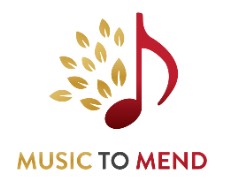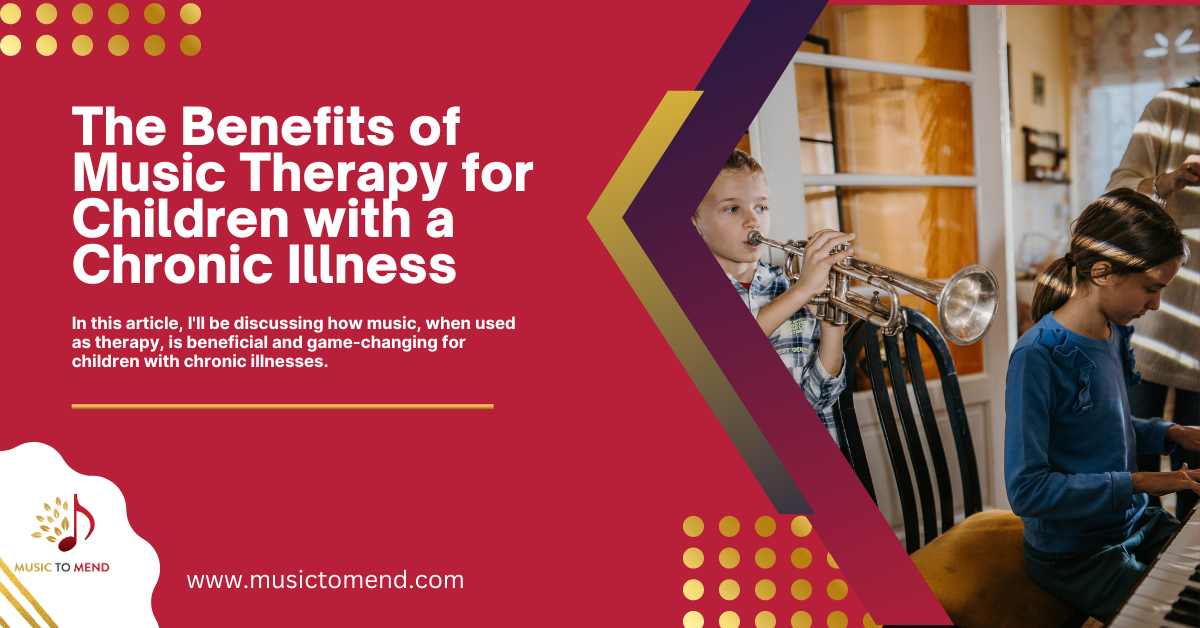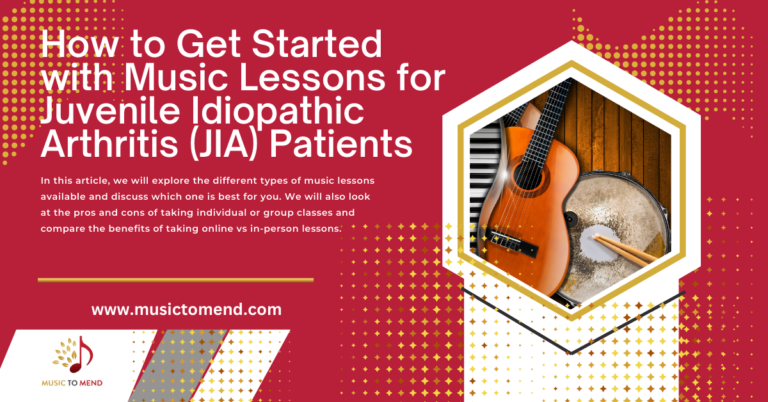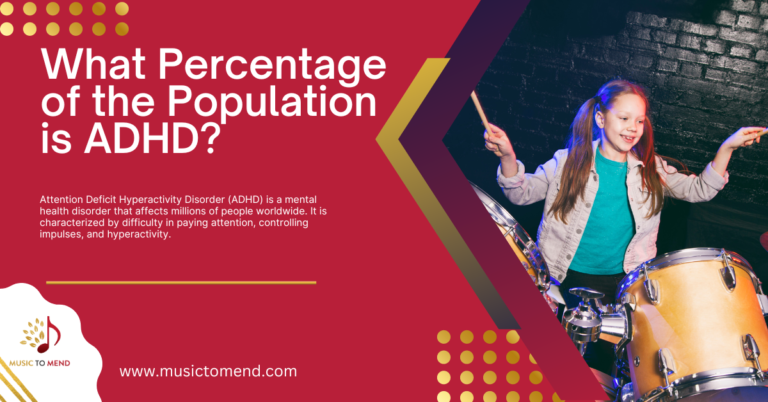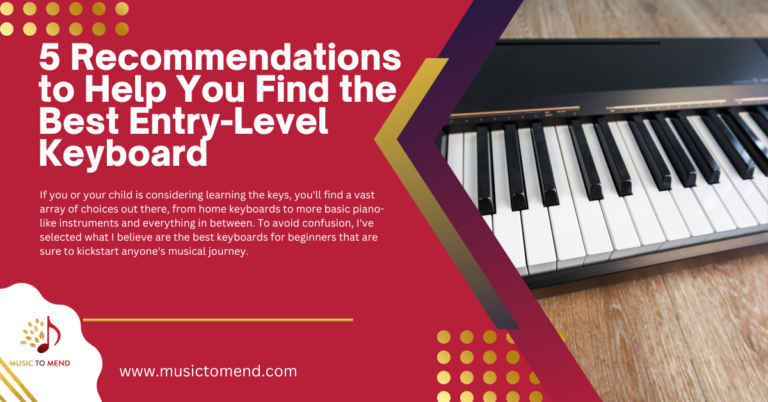The Benefits of Music Therapy for Children with a Chronic Illness
Should children with an illness play an instrument? Yes! In today’s article, I’ll be discussing how music, when used as therapy, is beneficial and game-changing for children with chronic illnesses. It involves using music to promote physical, emotional, and cognitive development. It can also be used to reduce stress and anxiety, improve communication skills, and promote relaxation. Medical music therapy has been used in hospitals and clinics for many years to help children cope with the symptoms of their chronic illnesses. This type of therapy can provide a variety of health benefits for children with chronic illnesses, including improved moods, better sleep patterns, increased social interaction, improved communication skills, and increased self-esteem. Music therapy can also provide a sense of hope during difficult times and help children cope with their illnesses in a positive way. So…let’s dive right in!
The Power of Music in Helping Manage Symptoms & Pain Relief
Music has a powerful ability to help manage physical and emotional symptoms, as well as provide pain relief. It is especially beneficial for children who are suffering from illness or injury. Musical healing power has been proven to reduce stress, lower blood pressure, improve cognitive function and even reduce the need for medication. Music can also be used to enhance physical therapy by encouraging movement and improving coordination. By creating an atmosphere of relaxation, music can help people cope with their pain or illness more effectively. Music can also be used to distract from negative thoughts and emotions that may arise during difficult times.
Why Learning an Instrument can be so Beneficial to Children Suffering from Illnesses
Learning an instrument can be a powerful tool for children suffering from illnesses. Music and instruments can provide a sense of comfort and promote emotional well-being, as well as provide a creative outlet for those dealing with difficult situations. Playing music can help to reduce stress and anxiety while also providing the opportunity to express emotions in a safe way. Additionally, learning an instrument can help young musicians to develop skills such as discipline, perseverance, and problem-solving. These skills are invaluable for children suffering from illnesses, helping them to cope with their condition in a positive way.
How to Find the Right Music Therapist and Professional Program to Support Your Child’s Needs
Music therapy is a growing field, with many certified music therapists and accredited programs available to help children with special needs. Finding the right professional and program to support your child’s unique needs can be difficult. If you can’t afford to pay a “certified” program or therapist, there are many on-line resources, YouTube videos with great tutorials on almost any instrument. And getting information from family and friends who are musically inclined, can also provide a wealth of information.
How does playing an instrument affect a child’s brain?
Music plays an important role in the development of a child. It can help them develop their cognitive, social, and emotional skills. Learning music can also help children express themselves better and understand the world around them.
Music education has been proven to have many benefits for children such as improved memory, better concentration, increased creativity, enhanced language development, and improved motor skills. Playing musical instruments has also been found to improve a child’s ability to think abstractly and solve problems. Furthermore, it helps stimulate their imagination and encourages them to explore different sounds and rhythms.
Thus, playing music for a child can be beneficial in many ways. It can help them develop both cognitively and emotionally while having fun at the same time!
Exploring the Scientific Evidence Behind Music Therapy & Asthma
Music therapy has been used for centuries to help people with various physical and mental health conditions. Recently, it has become more popular as a treatment for asthma. Studies have found that music can help to reduce the severity of asthma symptoms, such as difficulty breathing and wheezing.
ES_A Celtic Blessing – Bonnie Grace
How Playing an Instrument Can Enhance Physical Health and Mental Wellbeing in Kids
Learning a musical instrument can have a profound effect on physical health and mental well-being in kids. It helps to enhance brain development, improve motor skills, and foster emotional development. Playing an instrument can also help children to develop problem-solving skills, increase their self-confidence, and boost their creativity. By engaging in music lessons and playing an instrument regularly, kids can reap a variety of benefits that will last them throughout their lives.
I hope you found this article helpful and informative.
Until next time, happy music-playing!
Bea
